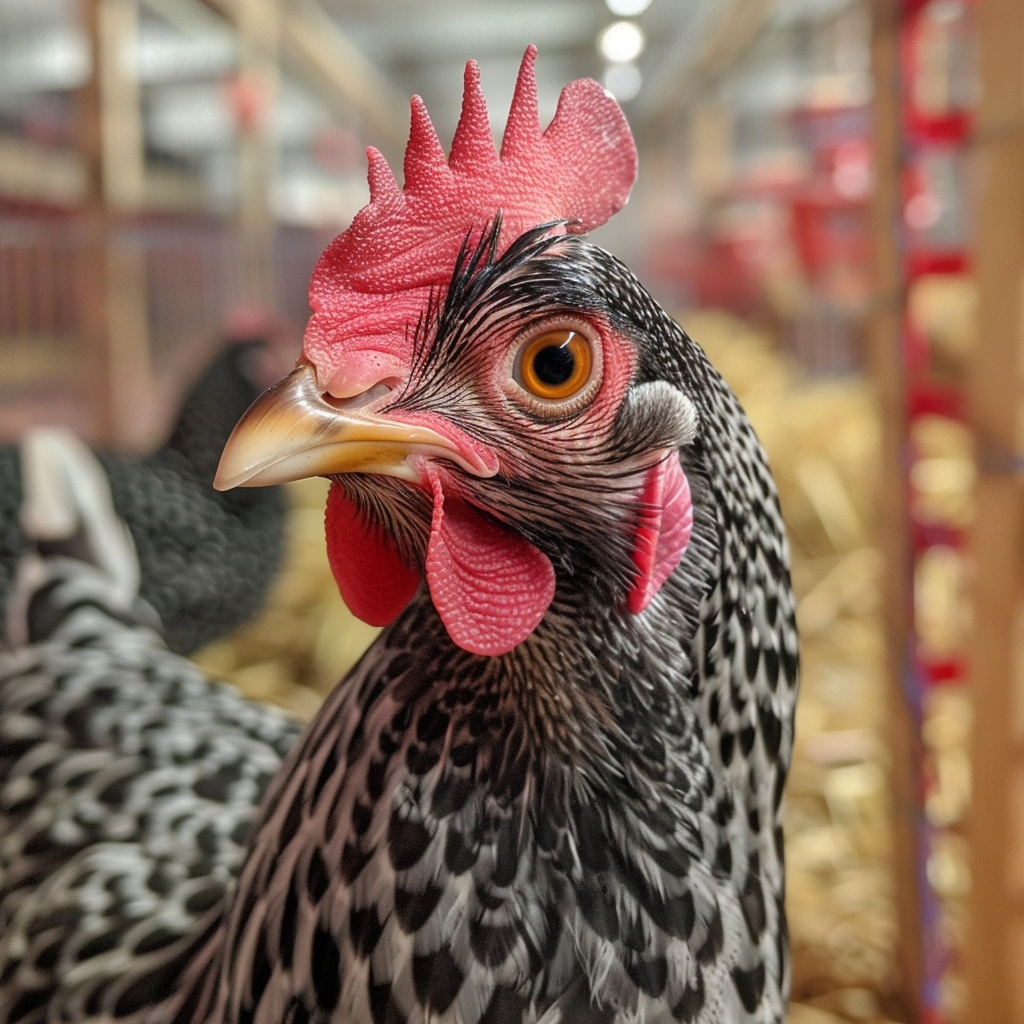IF THERE are three things that ‘los guiris’ (especially Brits) are notorious for in Spain, it is drinking to excess, tanning themselves like ‘gambas’ (prawns) in the midday sun, and failing to learn Spanish to a proficient level.
As most newbies in Spain will know, it’s easy to make embarrassing Spanish mistakes that can turn you red in the face. Redder, even, than those ‘gambas’ cooking for your ‘tapas’!
We asked members of the Órgiva Massive forum for their best (or worst) examples of language bloomers, muddled words, and shocked reactions from our Spanish community. Some of them are truly mortifying!

Sexual innuendo by mistake
Most of the cringe-worthy examples are to do with bodily parts and sex. Many Spanish words and phrases pertaining to such things have an unfortunate similarity to something ‘normal’.
Tanya points out that ‘estoy embarazada’ is easily mistaken for ‘I’m embarrassed’. It means ‘I’m pregnant’. The correct words for embarrassment are ‘estoy avergonzada’ or the similar ‘I have shame’, which is ‘tengo vergüenza’.
An easy mistake to make on a hot summer’s day is telling your Spanish neighbours at the bar ‘estoy caliente’. Worse still, ‘estoy muy caliente’. Rather than meaning ‘I’m hot’ – which is ‘tengo calor’, this means ‘I’m horny’ and ‘I’m very horny’ respectively.
Belinda said: “A male friend of mine in a nightclub said ‘estoy caliente’ to the guy next to him…”
Carol adds: “I was telling everyone ‘soy caliente’ – form an orderly queue!”

The problem with chickens…
There’s a common mistake that newbies make while shopping or ordering a meal. They say ‘me gustaria una polla’ in the ‘carnicería’ (butcher’s shop) or ‘puedo tener curry con polla’. This is, perhaps, one of the worst cases of muddling masculine and feminine forms. ‘Una polla’ is not a chicken – it is the male appendage! ‘Un pollo’ is the chicken.
Equally bad is to enter a bar and say ‘puedo tener una paja’ instead of ‘una pajita’ for drinking straw. ‘Paja’ means a certain activity involving your hand and the ‘polla’. (However, it is fine to buy ‘paja blanca’ for your horse – this means ‘staw’, as in bales of straw, without any double-entendre!)
Michelle, a previous bar proprietor in says: “I thought I asked a man ‘would the kids like a glass with their cola, or a straw’. What I actually asked is: ‘would the kids like a glass, or a w*nk’.”
“Muddling ‘pene’ (penis) with ‘peine’ (comb)”, says Nicholas.
Emily observes: “I think most of us have said, at some point, ‘I have 20 anuses’ instead of years.” This is caused by missing off the tilde on “años”, which frequently occurs in text messages.

The endless problems with “cones” and “rabbits”
If the chicken errors aren’t enough, the crude name for the female bodily part – ‘coño’ – sounds like other words, including “cone”.
Ice creams are therefore a minefield. Guiri Sam asked for “un coño de helado”, which isn’t exactly the right expression for ‘a cone of ice-cream’ and has certain visual connotations…
Carly Akara says: “I have a waiter friend. In the bar, two English girls asked him for ‘dos coños’ instead of ‘dos cañas’ (small beers) and they could not understand why the bar staff were giggling.”
Carole divulges: “A quite large English girl told me that, when she was offered a bar stool, she refused it, saying ‘tengo el coño demasiado grande’, instead of ‘culo’ (bottom).” Saying your bum is too big is far less rude…
Said Órgiva Massive member, Neil: “When talking to a Spanish woman one day, I said ‘coño’ (female part) instead of ‘conejo’ (rabbit). Luckily, she corrected my mistake politely.”

And with those balls…
That’s not the only rabbit error we’ve heard about. Sally explains: “I pointed out that, in my country, it’s traditional to eat ‘cojones’ (testicles). I meant ‘conejos’. The whole group of people erupted into laughter, and I was left wondering what I’d said…”
Josh Shenton reports a similar muddle: “A friend’s mum at school was asking for labels for her husband’s drawers and requested ‘pegatinas para pegar a los cojones de mi marido’.” Her husband might not have been delighted with the result! The correct word is ‘cajones’ – meaning ‘drawers’ that you would have in your cabinet.
Rebecca did something similar: “I meet and greet guests for an Airbnb. On the roof terrace, I pointed out the chair swing and told the lady that the ‘cojones’ were in the storeroom”. In this case, she meant ‘cojines’ – cushions. Luckily, the lady was amused.
Nicola Fray said: “’Tienes huevos’ (slang for testicles) caused a laugh in the butcher’s shop.” This is also a common joke on the ‘campo’ if you ask for eggs – “Si, tengo dos” being the usual reply! It’s best to enquire ‘huevos hay?’ (are there eggs).

Other amusing errors
The list of amusing mistakes seems endless.
“I asked in the Coviran supermarked for “ojos” (eyes) instead of “ajo” (garlic), said John.
A lady called Raine said: “When I first moved here, I wanted wood for my burner. I really struggled. It turns out that I was asking for ‘sh*t for my wood burner – ‘mierda para mi estufa’ when I meant ‘madera’ (wood). That’s not even correct as it is called ‘leña’ (logs to burn).”
Belinda says: “I used to ask the greengrocer for three large ‘porros’ (spliffs) when I meant ‘puerros’ – leeks.” Another man says that, with this error, he was handed the ‘porro’ as well as the ‘puerro’!
After being ill, a friend said ‘soy mujer’ (I’m a woman) instead of ‘estoy mejor’ (better)”.

Author Hilly Barmby says: “I managed to bodge the saying ‘I am made of dust’, meaning ‘I am knackered’. I’m not sure what I said but the Spanish family involved was horrified. Years later, I asked my Spanish teacher what I’d said, and she refused to tell me, suggesting only to say I was ‘tired’.” Our guess is that it was “echar un polvo” which is slang for “having sex”.
Last but not least, Carole tells an awful anecdote. “I had a student with an unusual name in a language school in Madrid and knew I’d fluff it one day. Her name was ‘Visitación’, and after practising the question, ‘What did you do at the weekend?’ with other classmates, I turned to her and said, ‘And what did you do at the weekend, Violación…?
Be careful out there, language learners…
